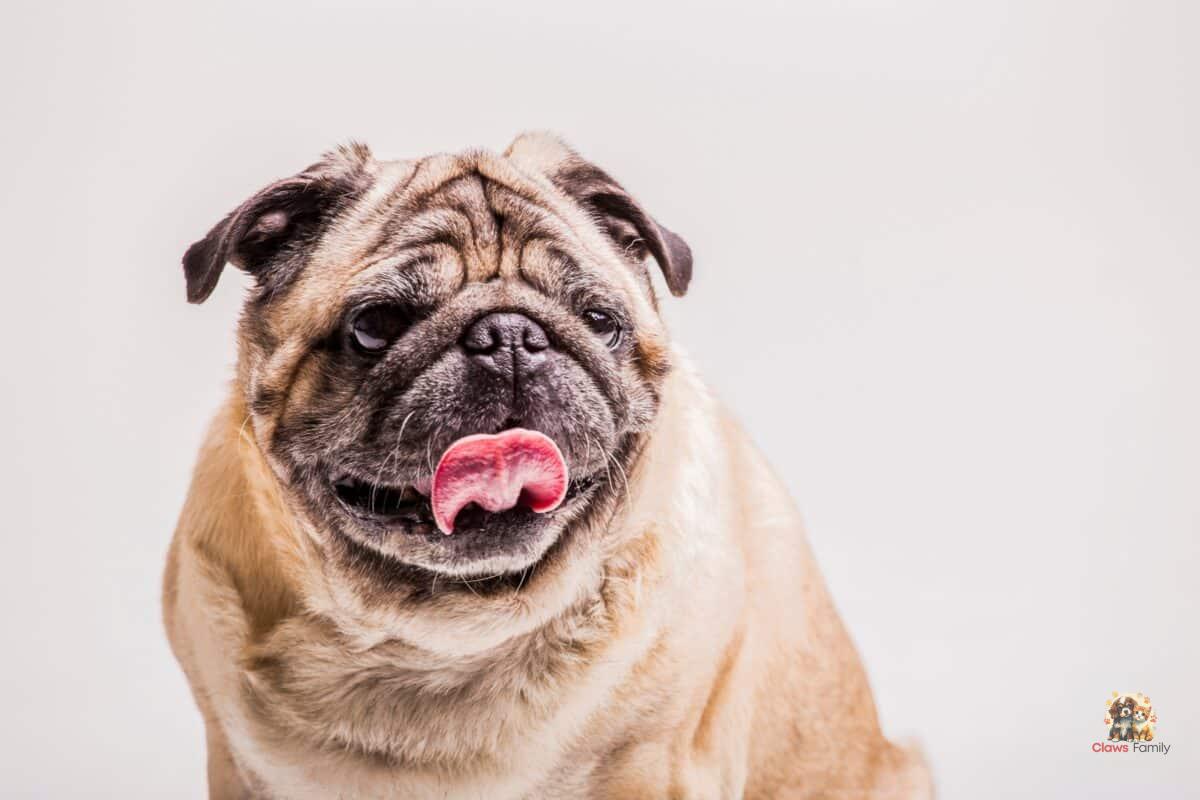Brachycephalic dogs are known for their flattened faces and short muzzles, which give them a unique and recognizable appearance. However, these physical features, while attractive to many pet owners, can also lead to a range of health problems and require specific management. This article explores the peculiarities of brachycephalic dogs, the most common breeds, and key points to consider to keep them healthy and happy.
What Does Brachycephalic Mean?
The term "brachycephalic" comes from ancient Greek and means "short head." Brachycephalic dogs have a cranial conformation characterized by a compressed muzzle and a wider skull than the muzzle length. This structure can cause various respiratory and health problems, so it is essential to be aware of these breeds' particular needs.
Common Brachycephalic Breeds
The following are some of the most popular brachycephalic breeds:
- English Bulldog: Known for its robust body and flattened face, this dog is affectionate and calm but prone to respiratory and dermatological problems.
- Although people appreciate the compact and playful French Bulldog breed for its unique appearance, it also has respiratory issues and can be susceptible to spinal issues.
- Pug: Pugs are known for their lively character and wrinkled muzzle, but they can also have eye and respiratory problems.
- Boston Terrier: These dogs are energetic and intelligent, but their cranial structure can cause respiratory issues.
- Pekingese: With its regal appearance and long coat, the Pekingese can be charming, but its facial structure can lead to breathing difficulties and eye problems.
- Shih Tzu: These friendly and sociable dogs have a short muzzle and can suffer from respiratory and eye problems similar to those of other brachycephalic breeds.
While these breeds are adorable and popular, they have particular health needs due to their unique cranial conformation. Be sure to consider these special needs if you are thinking of adopting a brachycephalic dog or already have one at home.
Common Health Problems in Brachycephalic Dogs
Brachycephalic dogs, with their flattened faces and short muzzles, are often subject to a range of health problems that require particular attention. One of the main issues is brachycephalic syndrome, which includes a series of respiratory difficulties due to the conformation of the airways. These dogs may have narrow nostrils, an elongated soft palate, and a weaker trachea, making breathing more laborious, especially in hot conditions or during intense physical activity.
Overheating is another common problem, as difficulty breathing makes it harder for these dogs to regulate their body temperature. They're more susceptible to heatstroke, which can threaten their health.
Eye problems are also frequent in brachycephalic dogs due to their facial structure. Their protruding eyes make them more vulnerable to injuries and corneal ulcers, which can cause pain and require immediate veterinary care.
Additionally, the skin folds present in many brachycephalic breeds can become a breeding ground for bacteria and other pathogens, leading to skin infections if not kept clean and dry. This requires particular attention to the dog's skin care and hygiene.
Overall, these health problems are a direct consequence of the unique physical conformation of brachycephalic dogs. Anyone who owns or wishes to adopt one of these dogs must be aware of their special needs and ready to provide the care and attention necessary to ensure a healthy and joyful life.
Care and Attention for Brachycephalic Dogs
Taking care of a brachycephalic dog requires attention and awareness of their specific needs. Maintaining a healthy weight is essential because obesity can worsen the respiratory problems these dogs often face. It is important to provide a balanced diet and limit treats, ensuring the dog gets enough exercise without overloading them.
Hot and humid environments can be particularly stressful for brachycephalic dogs, who have difficulty regulating body temperature through breathing. Therefore, it is essential to ensure the dog always has access to cool, shaded places with plenty of water. During hot days, it is best to avoid intense outdoor activities.
Regular visits to the veterinarian are a critical part of caring for brachycephalic dogs. Periodic check-ups allow for the early detection and management of potential health problems, such as respiratory difficulties, eye issues, or skin infections. Additionally, be sure to follow the veterinarian's advice regarding the care of skin folds, which can harbor bacteria and cause infections if not kept clean and dry.
In summary, taking care of a brachycephalic dog means being vigilant and ready to meet their particular needs. With proper care and attention, these dogs can live long, joyful lives full of love.
Brachycephalic dogs can be affectionate and loyal companions, but they require special care and attention due to their physical characteristics. With the right care and attention, you can ensure your four-legged friend has a long and joyful life.
More: Dog News


